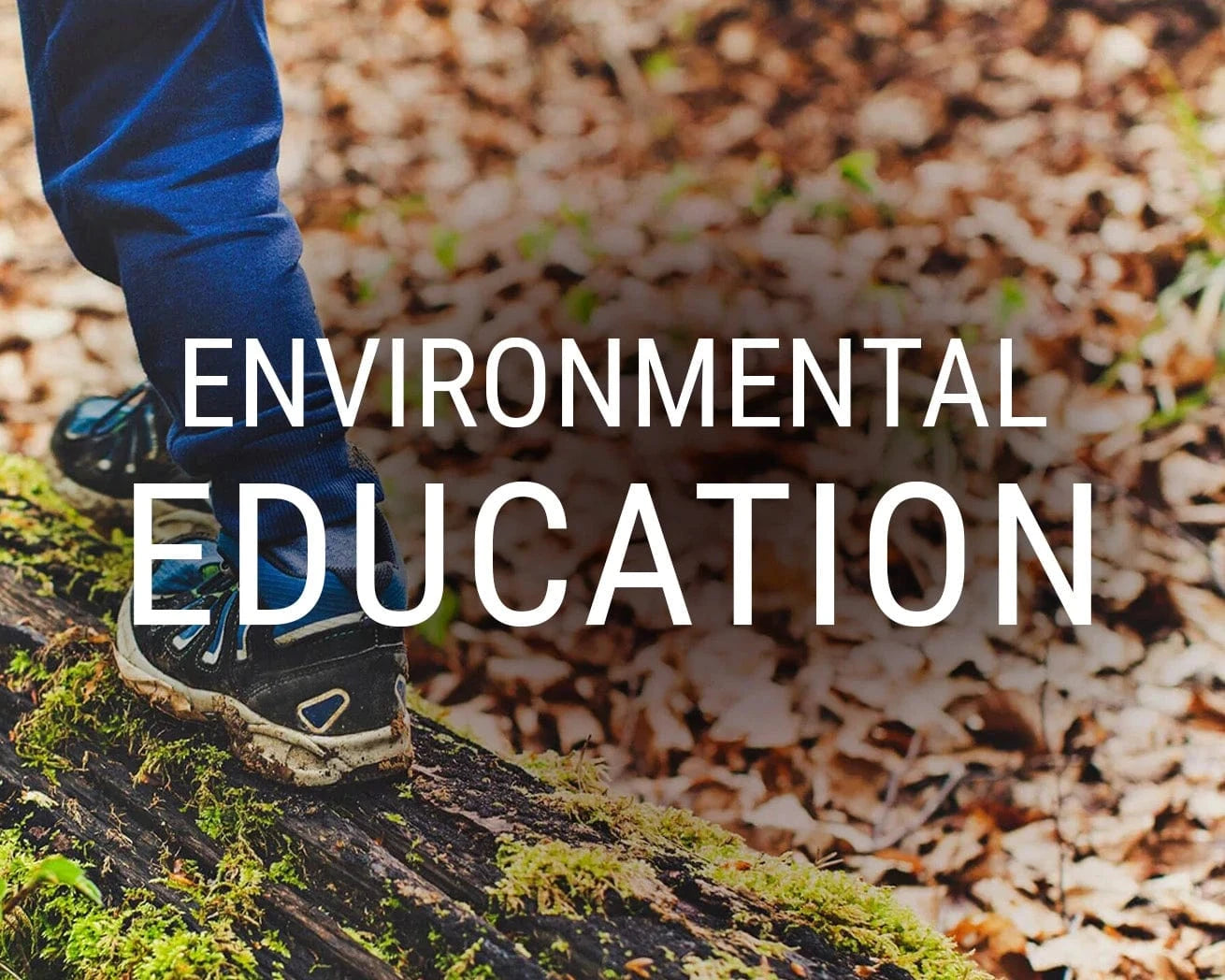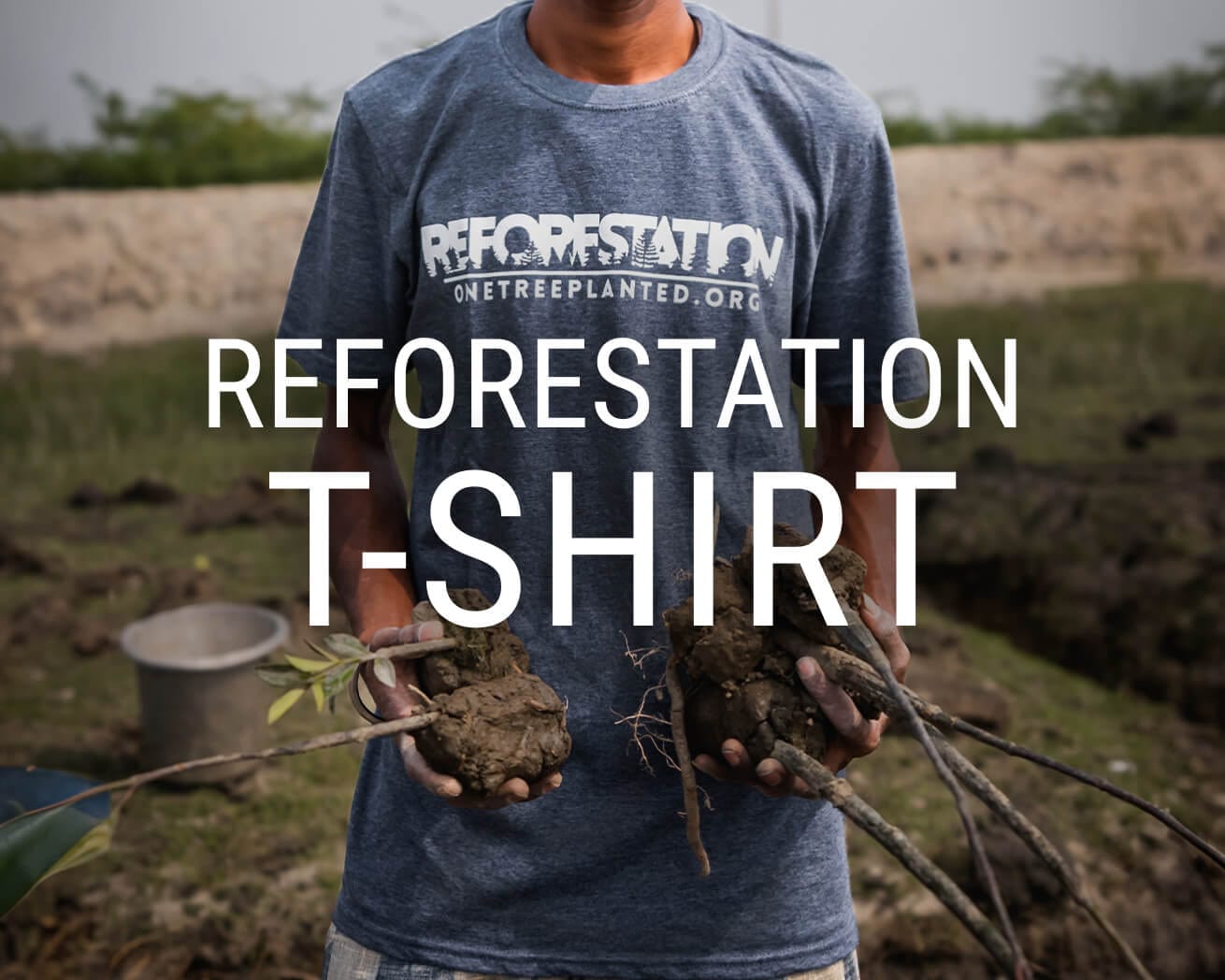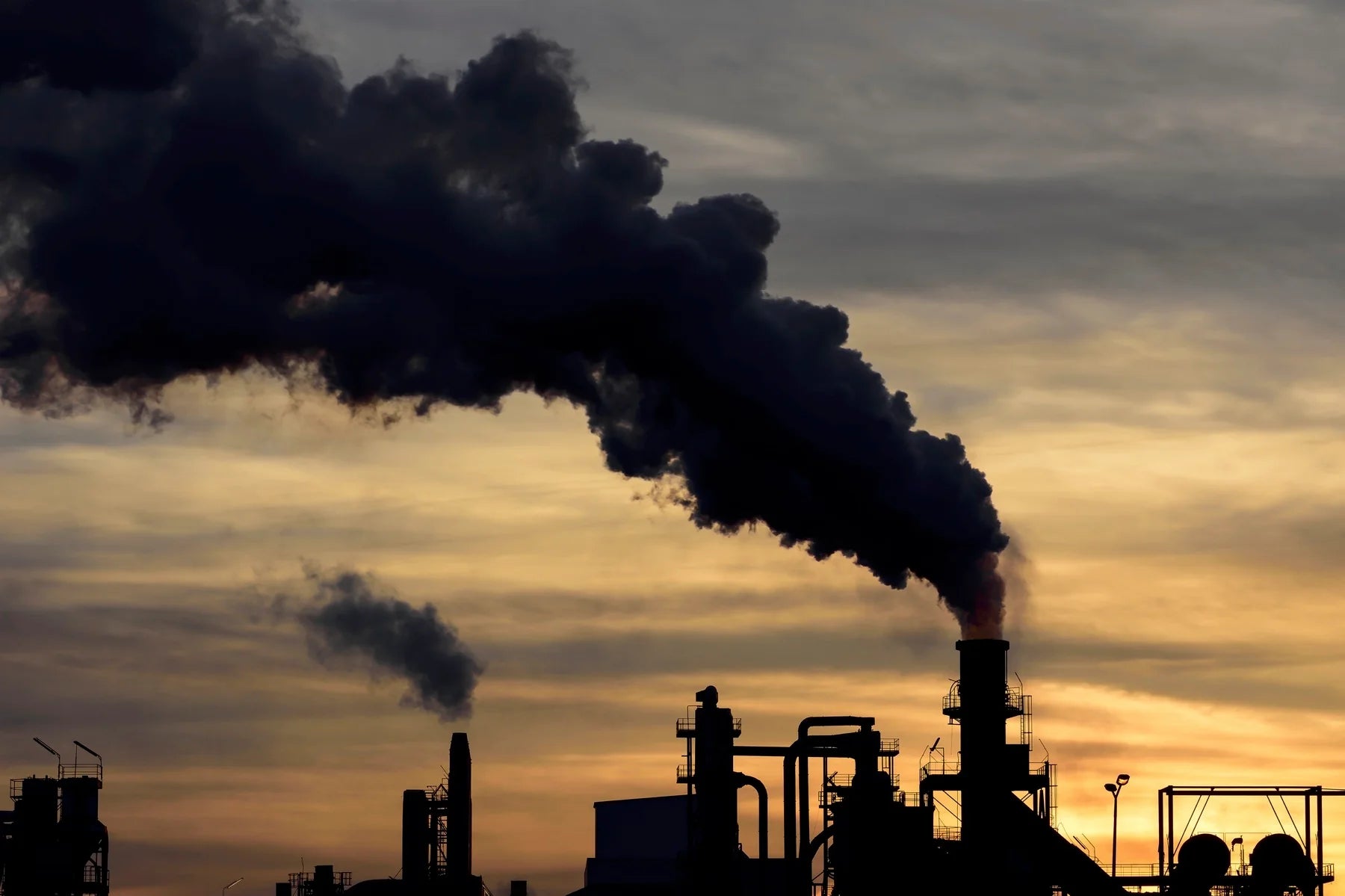Plant Trees

Happy Earth Month! Be the Change: Plant trees
About
Stay up to date on major announcements, exciting collaborations, and more.Visit our Newsroom
We make it simple for anyone to plant trees, and together we can make an incredible impact. Learn more

Stay up to date on major announcements, exciting collaborations, and more.Visit our Newsroom

We make it simple for anyone to plant trees, and together we can make an incredible impact. Learn more
Get Involved
Become a business partner to improve your company’s sustainability initiatives and make an impact. Learn more
See how your support and leadership can help us fund reforestation efforts across the globe. Learn more

Become a business partner to improve your company’s sustainability initiatives and make an impact. Learn more

See how your support and leadership can help us fund reforestation efforts across the globe. Learn more
Learn
Read about stories from the field, interesting facts about trees and get your healthy dose of nature. Visit our blog
Comprised of lesson plans, learning modules, resources, and activities, our T.R.E.E.S. School Program is the perfect addition to your curriculum. Learn more

Read about stories from the field, interesting facts about trees and get your healthy dose of nature. Visit our blog

Comprised of lesson plans, learning modules, resources, and activities, our T.R.E.E.S. School Program is the perfect addition to your curriculum. Learn more
Shop
Our fan-favorite Reforestation T-Shirt. Wear it with pride to show your support of reforesting our planet, one tree at a time. Shop now
Give the gift that lasts a lifetime! Choose an image, write your personalized message and select a delivery date to gift a tree. Gift a tree

Our fan-favorite Reforestation T-Shirt. Wear it with pride to show your support of reforesting our planet, one tree at a time. Shop now

Give the gift that lasts a lifetime! Choose an image, write your personalized message and select a delivery date to gift a tree. Gift a tree
Get Involved
Plant Trees
5 Takeaways From the 2021 IPCC Report on Climate Change

Get news, updates, & event Info delivered right to your inbox:
In a few short decades, climate change has gone from an inconvenient truth to an undeniable reality — but what does it really mean for the planet if we don’t address climate change quickly?
On August 9th, the Intergovernmental Panel on Climate Change (IPCC) delivered its latest report on the status of global climate change to answer this very question. Already, newspapers and analysts have declared it the clearest assessment yet of the dire status of our planet’s rapidly changing climate — and how this will impact the future of all life, including humanity.
The IPCC is a United Nations body established in 1988 by the World Meteorological Organization (WMO) and the United Nations Environment Programme (UNEP) to assess the science related to climate change. Essentially, it's a coalition of volunteer scientists from around the globe charged with compiling existing data about climate change. Utilizing more than 14,000 peer-reviewed studies, this report predicts the possible futures of climate change in order to inform and educate global policymakers.
We know most of you probably don't have time to dive into the full 3,949 page report, so we've summarized the 5 key takeaways.

1. Climate Change is Indisputably Human-Caused
The report doesn't beat around the bush, confirming right at the beginning that “it is unequivocal that human influence has warmed the atmosphere, ocean and land. Widespread and rapid changes in the atmosphere, ocean, cryosphere and biosphere have occurred.”
But we already knew that, right? Yes, but it's groundbreaking to have it laid out so clearly in a report delivered by the world’s top climate scientists — with line-by-line approval from governments of more than 120 countries.
To address climate change, consensus is needed from governments around the world about both the severity of the issue and its root causes. This frank opening to the report indicates that consensus is coming, which is a huge step for climate science and policy going forward.
Because of this report, there's no longer any question about whether the rise in global temperatures is a result of a natural heating cycle or human activity; it is entirely human-caused.

2. 2010-2020 Was the Hottest Decade in 125,000 Years
This is coupled with reporting that atmospheric CO2 is at a 2,000,000-year peak and that other greenhouse gasses like methane and nitrous oxide are at 800,000-year peaks.
If reading that set off your climate anxiety, hang on tight because the findings also indicate that the high temperatures we’re feeling right now are actually lessened by the effects of pollution. Aerosols and fine particles cause a contradictory cooling effect, so the actual increase in global temperatures is higher than the numbers might indicate. This means we could already be close to the 1.5°C increase warned of in the Paris Climate Accords.

3. Certain Changes We’ve Already Seen Are Irreversible
The effects of climate change are being felt right now among many frontline communities around the globe. Extreme weather events like flooding, wildfires, drought and mudslides have increased in recent years, providing a glimpse into one possible future.
What this means — and what our current warming levels indicate — is that sea levels will continue to rise no matter what we do. The level of global warming we’ve already reached has caused the polar ice caps and permafrost to begin melting and thawing. And as ice melts, it only triggers more ice melt in an accelerating feedback loop.
There are certain agreed-upon tipping points when it comes to climate change — or, changes that scientists agree would be irreversible should we ever reach them. A few examples include complete polar ice melt, sea level rise that's above 6 or 7 meters, and severe forest dieback.
Unfortunately, the report indicates that these extreme scenarios can't be ruled out of future predictions if humanity doesn't take drastic action to address climate change in a meaningful way.

4. Greenhouse Gas Emissions Are the Leading Cause of Climate Change
If there was any debate left on the biggest contributors to climate change, then consider it closed. The report is scathing in its outlook on the necessity of reducing global emissions, giving humanity very little time to enact a positive change.
CO2 in particular is one of the largest contributors to global warming, comprising almost 1/2 of the total negative impact. While these results confirm what we already knew, they do provide a very clear picture of where we most need to change.

By working to reduce just CO2 alone, we can make a world of difference in the climate fight, but time is running short. At our current rate, we're on track to reach the CO2 production limits set at the Paris Climate Accords in 2015in a decade or less.This means that the next few years are going to be some of the most crucial in shaping global policies and attitudes towards addressing climate change.

5. Climate Events Are Increasing in Severity and Number in Every Region of the Planet
Perhaps the most dire takeaway from the IPCC report is just how extensive the impacts of global warming will be, even at the small temperature increases we're on track to hit by the end of the century.
As the planet warms, we'll continue to see regions impacted not just by increased heat, but more extreme weather events like forest fires, floods and droughts. Those events will continue to grow more and more severe as temperatures increase. This one-two punch of severe heat waves and increased rainfall doesn't even out. Instead, it fluctuates much like it has in California and the West Coast, which has experienced severe droughts one season and overabundant rainfall the next season, leading to severe fooding, erosion, habitat degradation, and more.

According to the report, scientists are now able to pinpoint exactly which disasters and weather events are caused by climate change. And unsurprisingly, the floods in Western Europe and China this summer, hurricanes Harvey and Maria in 2017, and the recent wildfires in British Columbia, the Western United States, and much of the Balkans are all examples of disasters that were either due to or amplified by climate change.
In short, the predictions are dire and the consequences are severe. But the good news is that we’ve never had a more clear-eyed assessment of our future — and while dire predictions aren't fun to read, they serve an important role in convincing policymakers that we need to act on climate change now.
While this report has predicted the plausible scenarios we can expect, a future report from the IPCC will outline key policy decisions that can help mitigate the disastrous impact of climate change in the coming decades.
The 2021 IPCC Report on Climate Change indicates a greater need than ever to come together and demand more from our political and industrial leaders. And in your personal life, committing to living more sustainably is a great first step. Want to do more? Plant a tree today!
Get news, updates, & event Info delivered right to your inbox:
Sofia Coelho
Sofia helps to manage our analytics, SEO and PPC. She enjoys investigating the story behind the numbers and finding ways to optimize our site, to ensure our mission of reforestation is spread far and wide across the web.
Related Posts
Planting Trees in Mexico for Monarch Butterfly Habitat
18/04/2024 by Meaghan Weeden
Everything You Need to Know About Photosynthesis
16/04/2024 by Gabrielle Clawson
Among Climate Change Solutions, Where Does Reforestation Fit?
11/04/2024 by Meaghan Weeden
Popular On One Tree Planted
5 Causes of Deforestation
15/02/2024 by Meaghan Weeden
Inspirational Quotes About Trees
23/01/2024 by Meaghan Weeden
How to Reduce Waste: 21 Ideas for Zero Waste Living
16/01/2024 by Meaghan Weeden





